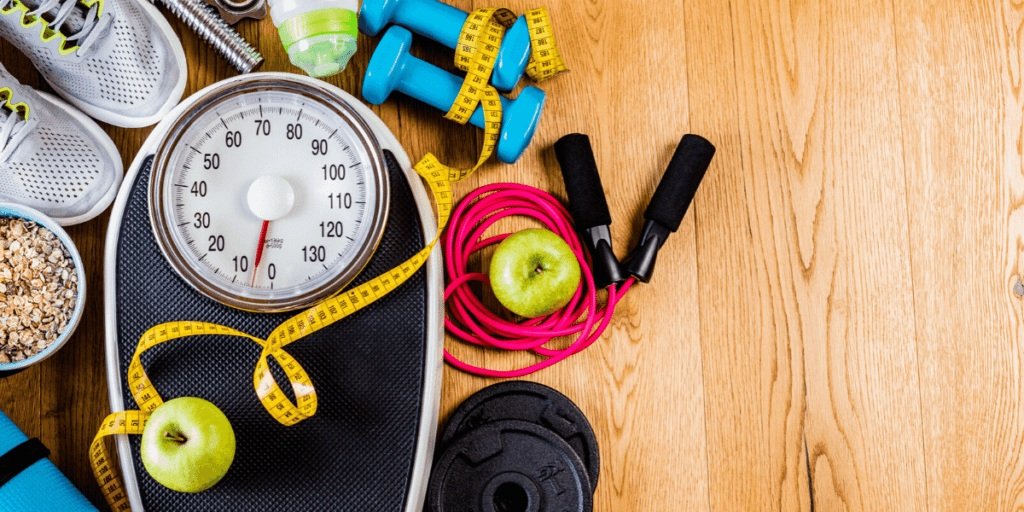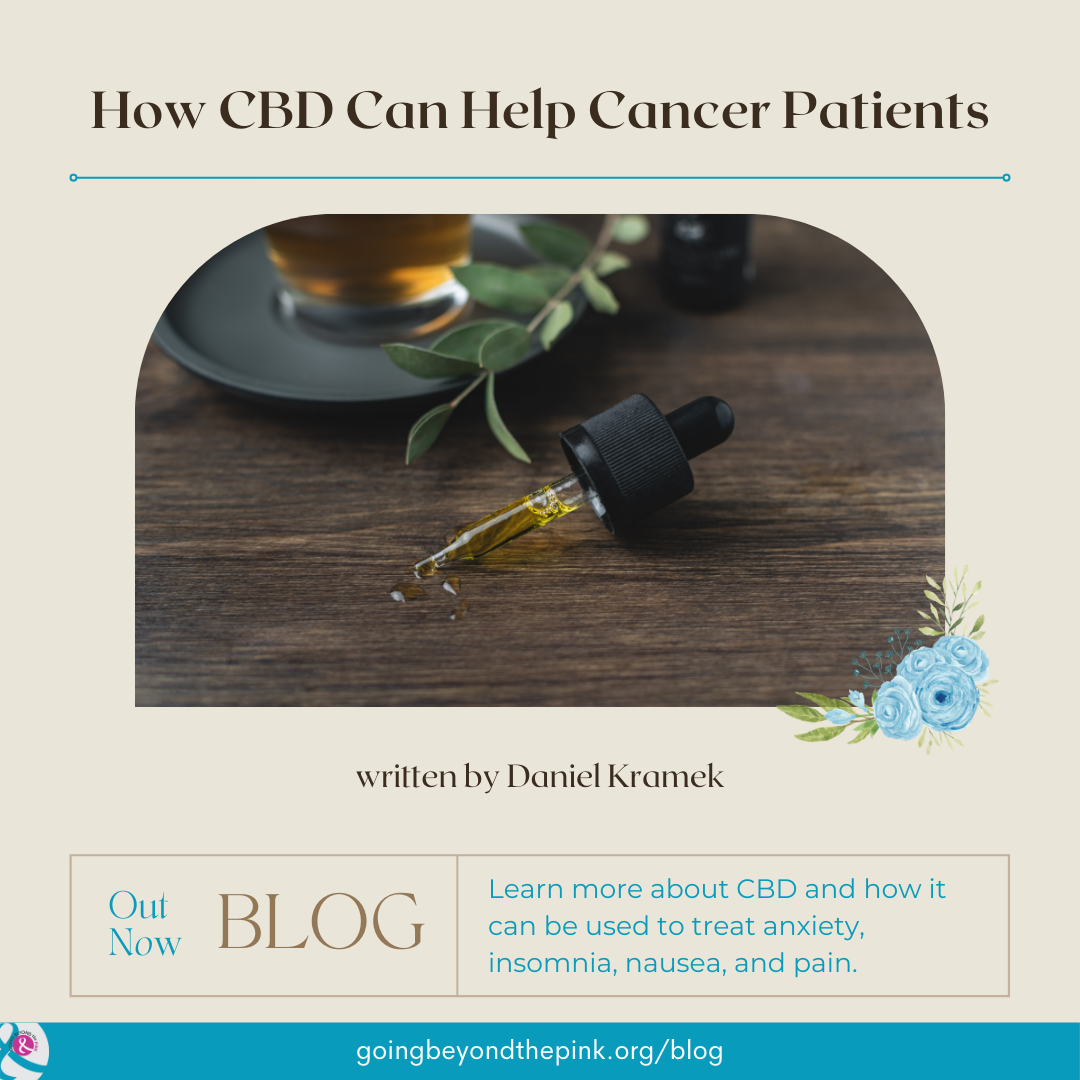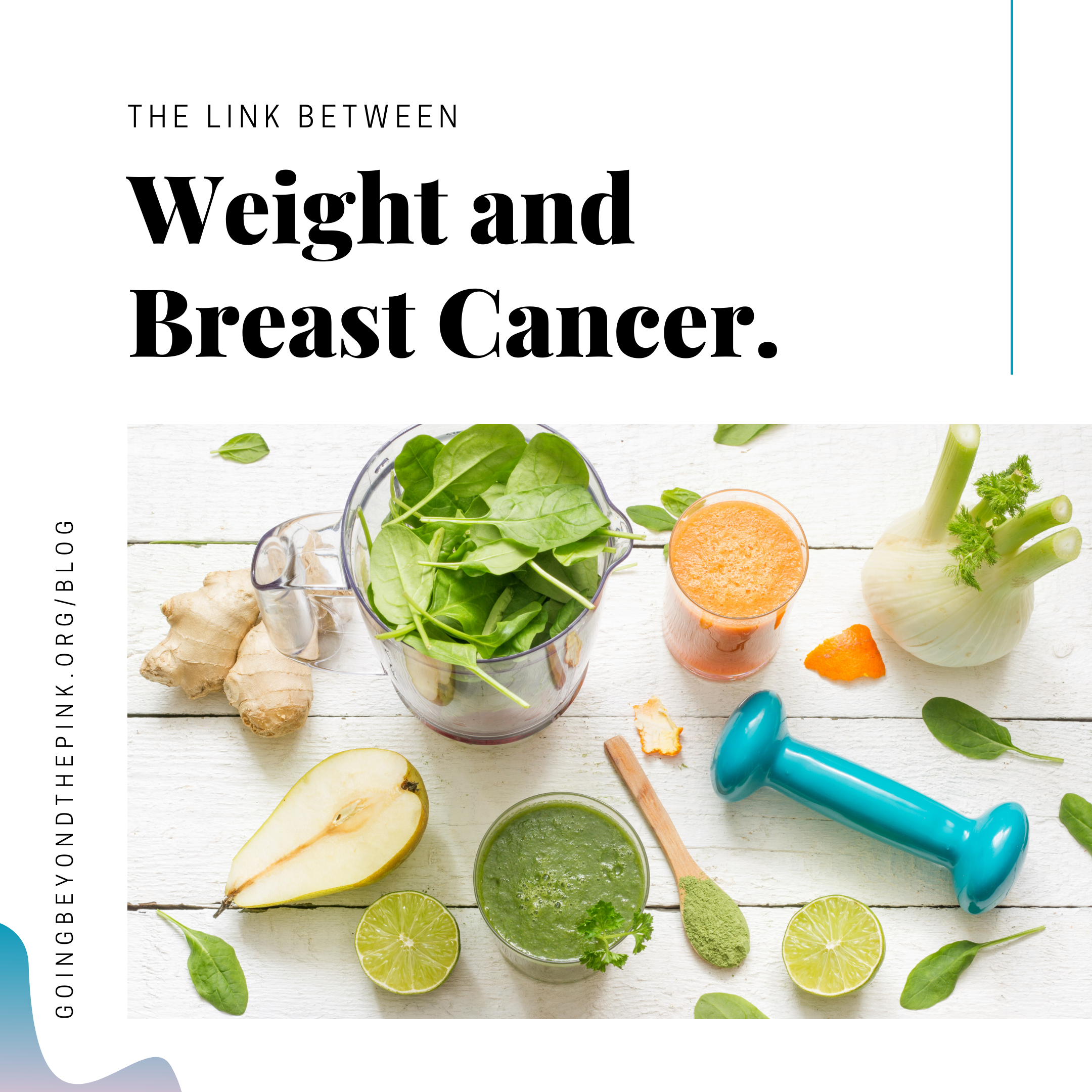Nutrition and Diet
Nutrition plays a key role in everyone's life. Eating a balanced diet can be intimidating, so we've collected tons of educational content from trusted sources to help you with everything you need to know.
Disclaimer: Before making any sudden changes in your diet, be sure to speak with your oncologist or physician.
We know that maintaining a healthy diet is important -- it is ingrained in us from the time we are young and learning about the food pyramid. MDAnderson notes that eating a balanced diet with vitamins, minerals, and antioxidants is important and should be coupled with other healthy lifestyle choices and staying active.
Here are some foods we and MDAnderson love to add in our diet:
Berries. Berries are a nutritional powerhouse packed with vitamin C and antioxidants that protect the body from cell damage. Experts at MDAnderson suggest eating 1/2 cup serving of berries each day. Try adding them to smoothies, oatmeal, or even as an afternoon snack!
Broccoli. While you might have hated it as a kid, we hope it has grown to be a food you enjoy eating. Broccoli, among other cruciferous vegetables (cauliflower, kale, bok choy), includes fiber, Vitamin K and C, Potassium, and other important plant compounds. Try roasting it with garlic and olive oil to act as a side, or raw broccoli with ranch dressing for that late-afternoon snack.
Whole Grains. Whole grain fiber helps you feel fuller longer and are loaded with vitamins and minerals. Not all grains or grain products do the same. Check your pantry to be sure it includes whole wheat pasta and bread, wild rice, and quinoa. We love quinoa served under roasted vegetables and whole wheat pasta served with tomato sauce.
Spring Nutrition
Seasonal nutrition is a great way to change up your diet and encourage healthier eating choices. Fruits and vegetables that are grown seasonally (and consumed during their natural season) are more nutritious and flavorful. Springtime nutrition offers plenty of fruits and vegetables that are more refreshing and lighter compared to any other season. Just like ‘Spring Cleaning’ Spring nutrition is a great way to cleanse your body after the winter months and expand your fruit and vegetable intake.
Now that Spring is here, there are so many fruit and vegetable options available and they’re full of nutritional benefits! The most common foods you’ll see this season include:
Apricots
Asparagus
Avocados
Broccoli
Carrots
Mushrooms
Onions
Dill
Strawberries
And so much more! All the foods included (and the seasonal ones that didn’t make the list) are rich in phytonutrients, bioactives, and antioxidants. Nutritional content of fruit and vegetables are at their highest during their natural season. Try out your local farmers market, because there are so many reasons to eat seasonally this spring!
Plant-Based Information
This article reminds us that:
Nutritional interventions should be used as complementary to treatment for cancer.
Additionally, a 2013 study following around 30,000 post-menopausal women with no history of breast cancer for 7 years showed that by achieving three of ten recommendations by the American Institute for Cancer Research, one of which eating mostly plant based, concluded that there was a 62% less risk of achieving breast cancer.
Fiber, greens and flax seeds are particularly beneficial.
Women eating more than 6g of fiber per day had a reduction of breast cancer by 62%
Bioactive compounds in fruits and vegetables prevent against cancer.
Flax seeds are a health product due to their lignan content. Lignans are phytoestrogens that suppress effects of endogenous estrogen, which is why they’re used as therapy for menstrual breast pain.
Lignans directly suppress growth and proliferation of breast cancer cells.
Soy Based Food - Fact or Myth?
It was once believed that soy foods increase the risk of breast cancer but that is actually a myth! The American Cancer Society reports that it was once believed that soy foods increase cancer due to isoflavones. In animal studies, isoflavones increase the risk of breast cancer because it increases estrogen in the body. But animals process soy differently from people, and soy foods can actually show more benefits in humans than harm.
Dr. Christie Siebel, reports that soy food for breast cancer patients is a great way to replace animal protein and get the nutrients that are needed to stay healthy. She also suggests that soy foods can actually reduce the risk of cancer and cancer recurrence. However, there is a difference between whole soy foods and processed soy foods.
Whole Soy Vs. Processed Soy:
Whole soy protein contains all nine essential amino acids that must be obtained from the diet.
Processed soy (that has been dehulled and defatted) actually lacks the essential nutrients and includes unhealthy additives, such as sodium.
Fermented soy is usually minimally processed and contains more protein.
Unfermented soy has negative effects on intestines and hormones. They also tend to be more processed compared to fermented soy foods.
Easy Soy to Find in the Grocery Store:
Soy foods, fermented and unfermented, are all easily found in your local grocery store. It is important to read the labels and avoid processed soy products that can be found in foods like soy milk and soy flour. Foods like tofu can also be tricky as well! Take your time while shopping for your groceries to ensure that you’re picking the best options for your nutritional needs.
Helpful Resources
Nutritional Information
Managing Weight After a Cancer Diagnosis
The Importance of Nutrition and Healthy Eating
The Importance of Nutrition During Treatment
Soy Food and the American Cancer Society
Soy Food and Safety for Breast Cancer Patients
4 Reasons to Eat Seasonally This Spring
Nutrition Through the Seasons: Spring Foods
Food Demonstrations
Plant-based and Processed Foods








Exercise is one of the best things you can do to stay healthy after being diagnosed with breast cancer. Research has shown that women who exercise before treatment have improved quality of life and fewer side effects.